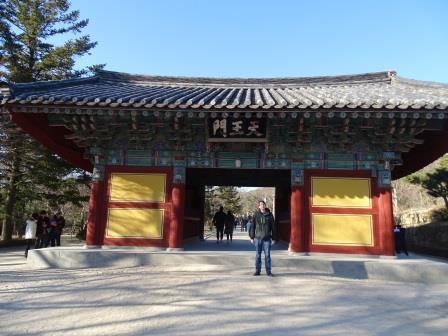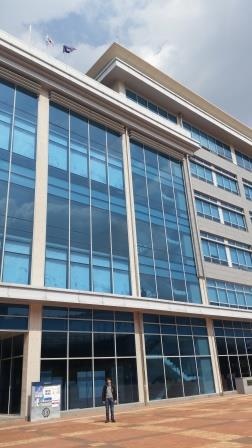AnyLogic training course
11 May 2017
During the first year our researchers undertake training courses and modules of direct relevance to their PhD research. Here, cohort 3 research, Joel describes one of his elected courses. The training course consisted of three days of modelling and simulation training. The objective was to use the AnyLogic software to tackle problems that occur when trying to model and simulate discrete events (DES), system dynamics (SD) and agents based problems. The trip itself occurred from the 10th of April to the 12th of April 2017 in Paris.
Day 1: DSE and SD
The first day looked at the general overview of the AnyLogic software, DES and SD simulations. Throughout the three days the course teaches you how to use the three different types based on the problem needing to be solved. The use of a manufacturing line was used for the DES example; this included timings, resource efficiency as well as fully animated 3D simulations and objects e.g. conveyer belts. SD simulation was taught using an example based on how people take to a new product on the market through external influences. This has many other target areas such as medicine effectiveness.
Day 2: Agent based modelling
The second day started the introduction with regards to agent based modelling and how to identify the best approach to the given problem. One of the two main examples used was the simulation of a logistics network. This example constituted of trucks travelling two and from distribution centres and warehouses with goods. This taught the group how to use the GIS and (Real Time) database features of the software.
The second example introduced the pedestrian library with an airport example having been used to show its functionality. This example demonstrated how bottlenecks and inefficiencies of a pedestrianised area can be identified through human movement, plus the effects of any machines or processes that must be completed.
Day 3: More Advanced Agent based modelling
Agents are intelligent entities within the AnyLogic software, the third day started with learning how to code properties within the AnyLogic environment. From this you can separate different agents by processes they are involved in and therefore create several simulations within one model. Having completed this step, the remainder of the day was used to either complete an example involving traffic around the colosseum in Rome or ask questions to solve your own simulation issues.









 in Korea and the UK. I will also talk a little bit about Ulsan National Institute of Science and Technology (UNIST) itself.
in Korea and the UK. I will also talk a little bit about Ulsan National Institute of Science and Technology (UNIST) itself.